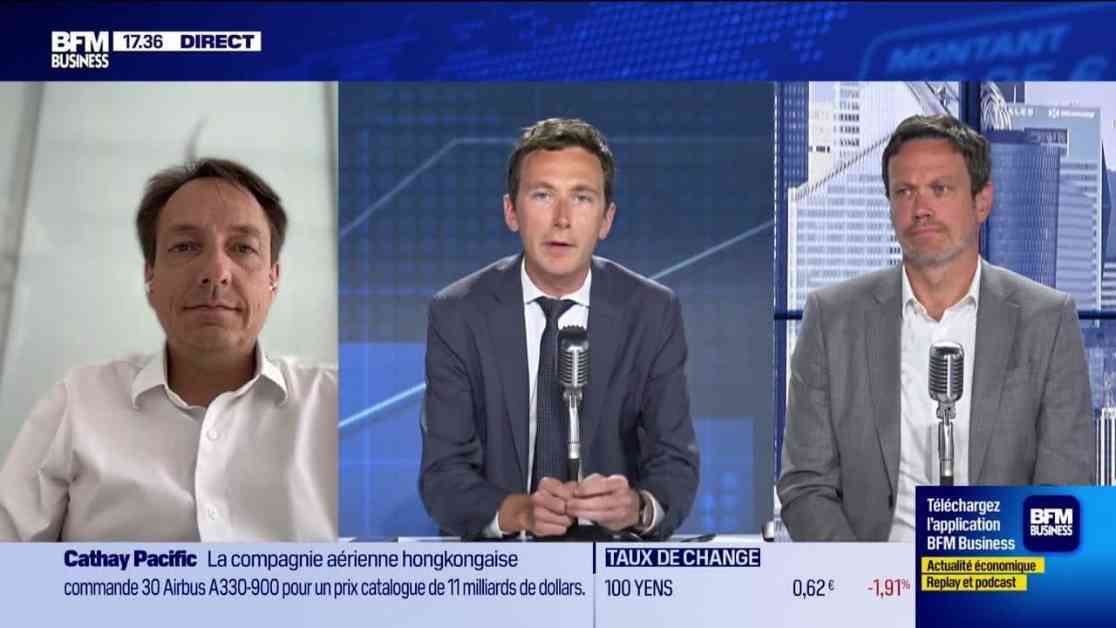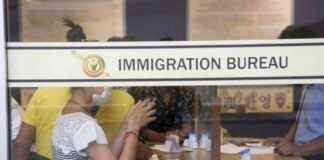Government Appointments in Thailand
The political landscape in Thailand has been undergoing significant changes recently, with the appointment of new government officials sparking debates and controversies. The People Power Party’s executive committee recently discussed the nomination of individuals to be appointed as ministers in accordance with the party’s regulations. This decision came after the party’s involvement in the coalition government with the Democrat Party, as announced in a joint press conference with other political parties on August 15, 2567 BE.
During a meeting of the House of Representatives on August 16, 2567 BE, members of the People Power Party voted to approve the appointment of Ms. Pheutthaya Chinnawat as Prime Minister. Subsequently, on August 20, 2567 BE, the party’s leader proposed a list of candidates for ministerial positions, which was approved by the party. The list included four individuals, namely:
1. Police General Pacharawat Wongsuwan, who was appointed as Deputy Prime Minister and Minister of Natural Resources and Environment.
2. Colonel Thammasat Phommaphao, who was appointed as Minister of Agriculture and Cooperatives.
3. Mr. Santiprom Pathan, who was appointed as Deputy Minister of Public Health.
4. Mr. Attakorn Sirilaththayakorn, who was appointed as Deputy Minister of Agriculture and Cooperatives.
The meeting also saw the approval of the aforementioned candidates to serve as ministers within the party’s proportion. However, it was later discovered that the Bureau of the Council of Ministers had not contacted Police General Pacharawat Wongsuwan, one of the nominees, to provide the necessary information for his appointment. To avoid any delays in the vetting process for ministerial candidates, the People Power Party issued a letter requesting the Prime Minister to instruct the Bureau of the Council of Ministers to expedite the submission of required information for Police General Pacharawat Wongsuwan’s appointment.
Issues and Challenges in the Appointment Process
The appointment of ministerial candidates in Thailand has not been without its challenges. The failure to communicate with Police General Pacharawat Wongsuwan regarding his appointment raised concerns about the adherence to party regulations. If the Prime Minister decides to proceed with the appointment without proper vetting, it could lead to legal repercussions. The power dynamics within the People Power Party, under the influence of the party’s leadership, could result in the reshuffling of ministerial candidates.
Moreover, the rejection of Colonel Thammasat Phommaphao’s nomination by the People Power Party highlighted the complexities of political decision-making. The party’s internal control by influential figures could lead to the selection of new candidates, but unexpected events, such as Colonel Thammasat’s rejection, can disrupt the process. The recent resignation of the Prime Minister has also added to the uncertainty surrounding the government’s future direction.
Public Reaction and Political Implications
The political developments in Thailand have garnered mixed reactions from the public and raised concerns about the stability of the government. The appointment of new ministers and the subsequent challenges in the process have sparked debates about the transparency and accountability of the government. The public’s trust in the political system has been eroded by the perceived power struggles within the ruling party.
The decision-making process within the People Power Party has also come under scrutiny, with critics questioning the motives behind certain appointments and rejections. The lack of consensus within the party has raised doubts about its ability to govern effectively and address the country’s pressing issues. As tensions rise within the party, the prospect of a government reshuffle looms large, further fueling uncertainty among the public.
In conclusion, the appointment of ministers in Thailand reflects the intricate dynamics of politics and power struggles within the ruling party. The challenges faced in the process underscore the need for transparency and accountability in government decision-making. As the country navigates through these turbulent times, it is essential for political leaders to prioritize the interests of the public and work towards restoring trust in the political system.




















